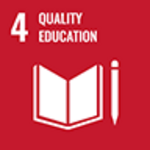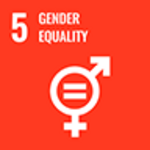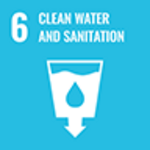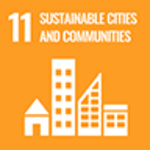
"Sanitation" generally refers to a system for disposing of human excrement so that it does not harm people's lives, but in this project, sanitation is a common solution for developed and developing countries. We are working to transform the system into a system that creates value. The name and purpose of this project is to propose a model that considers sanitation not just as a technology, but as a value chain within people and local communities. It is currently being carried out as a full research project of the Institute for Global Environmental Studies, which has an institutional partnership with Hokkaido University, but its origins date back to 2002, when "Development of sustainable sanitation systems and water circulation systems" was carried out. This can be traced back to the introduction of ``Water Circulation System Modeling and Utilization System'' (JST/CREST: Research Project ``Water Circulation System Modeling and Utilization System''). The project, which began with sanitary engineering, is based at Hokkaido University and involves interdisciplinary research in collaboration with researchers from different fields while overcoming challenges in various phases, as well as involving a variety of stakeholders such as local residents, NGOs, governments, and companies. We aim to establish ``sanitation science'' as a transdisciplinary research that involves people.
〇Pamphlet PDF file: 873KB
“Proposal for a sanitation value chain – Designing sanitation by local people”
〇Lecture materials (video)
“The Past and Future of Problem-Solving Projects as Seen in the Sanitation Project”
Taro Yamauchi (Sanitation Project Project Leader/Professor, Faculty of Health Sciences Hokkaido University/Professor, Institute for Global Environmental Studies)
Venue: 6th Humanities and Social Sciences Research Promotion Forum (held on October 3, 2020)





















